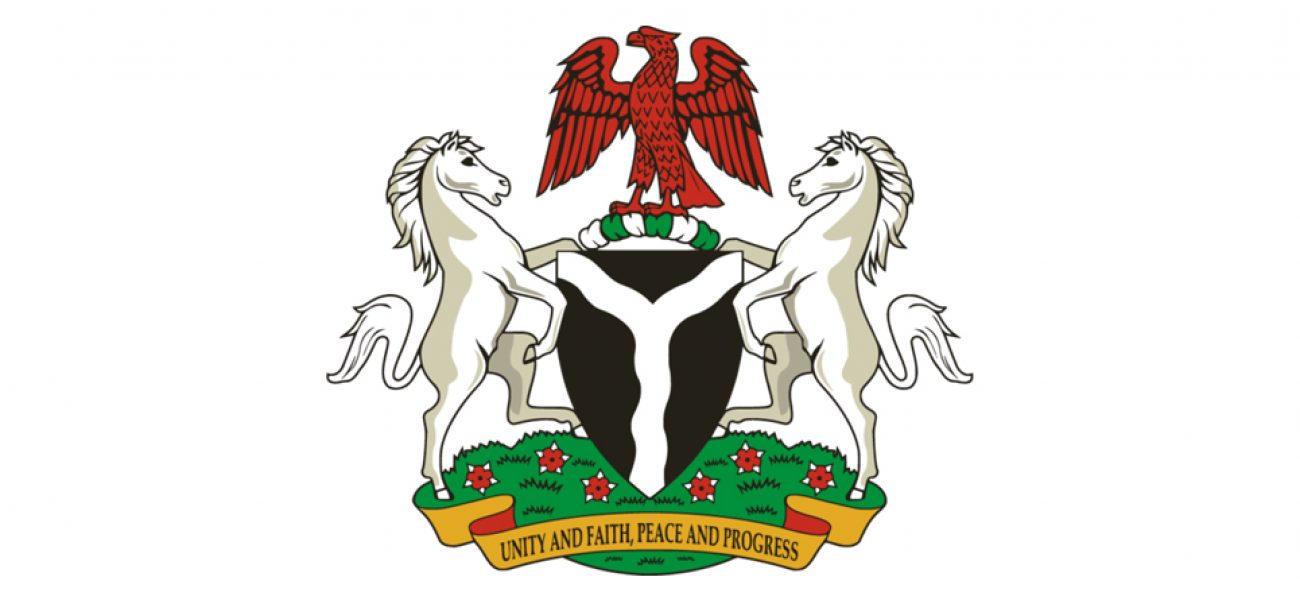The Federal Executive Council (FEC) on Wednesday, June 24, approved a N2.3trillion stimulus plan to cushion the economic effects of COVID-19. This forms part of the Nigeria Economic Sustainability Plan (NESP) recommended by the Economic Sustainability Committee set up by President Muhammadu Buhari and led by Vice President Yemi Osibanjo. The NESP is a 12-month plan targeted at job creation and increasing cash flow in the economy to avoid recession. The Appropriations Act 2020 (as amended) accounts for about N500 billion of the stimulus plan fund; low cost loans of up to N1.2 trillion will be provided by the Central Bank of Nigeria (CBN), development partners and institutions, while N344 billion is to be derived from external sources and the rest of the funds sourced locally.
CBN announced the disbursement of N49billion COVID-19 intervention funds, which is part of its N50billion Targeted Credit Facility. CBN through the NIRSAL Microfinance Bank disbursed COVID-19 intervention funds to businesses and families with verifiable evidence of livelihood or business activities adversely affected by the pandemic. According to CBN Director, Corporate Communications, Isaac Okoroafor, about 80,0000 operators of Micro, Small and Medium Scale Enterprises (MSMEs) and households are beneficiaries of the fund. The credit facility being financed from the CBN’s N220 billion MSME development fund was made available for the agriculture, hospitality, health and manufacturing sectors, as well as for airline service providers. These loans are repayable at an interest loan of 5%, which will revert to 9% by March 2021. Other funds available include N100 billion for healthcare facilities.

